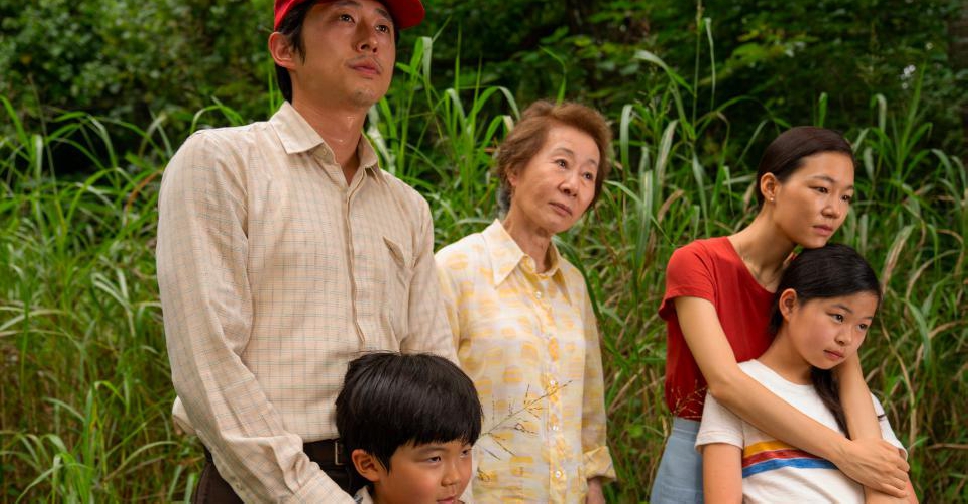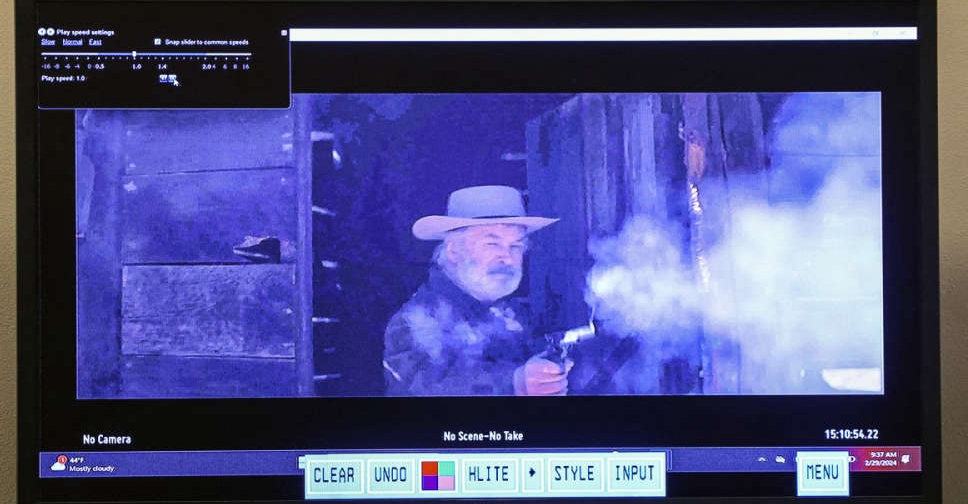
A year after South Korean satire 'Parasite' took Hollywood by storm, another Korean-language movie, 'Minari', is making waves during the awards season.
Yet, the two films could not be more different.
Parasite, which made history in 2020 by becoming the first film in a foreign language to win a best picture Oscar, is a dark satire about class and contemporary society in South Korea.
Minari, now in US movie theatres and arriving in South Korea in March, is a tender, quintessentially American story about an immigrant family in the 1980s trying to better themselves by starting a farm in Arkansas. Unlike Parasite, it was conceived, produced and filmed in the United States.
"They speak Korean and it's about a family and there's some Korean culture involved, but I think this film speaks a lot to what America is. It contains a lot of people doing many different things, many different walks of life, and in that way it's quite different from Parasite," said director Lee Isaac Chung.
An intensely personal story, the film is based partly on Chung's own life as a boy growing up in Arkansas, but there is no satire and barely any mention of racism. Instead, the film, which has already won multiple awards nominations, including the Golden Globes, has been widely embraced for its universal humanity. Nominations for the Oscars have not yet been announced.
Korean-American actor Steven Yeun, who plays the father, said he was terrified at taking on the role.
"It was scary to approach my father's generation on a level that isn't just caricature but really just trying to get into their humanity. It opened my own eyes into the ways in which I might misunderstand my own father and that generation as well," Yeun said, who is best known for his TV role in The Walking Dead.
He's joined by Korean actors Yeri Han as his stressed wife and Yuh- Jung Youn as his idiosyncratic mother in-law, who all live together in a sweltering trailer in a remote and unforgiving field.
Chung said the warm response to the film so far has been more than he hoped for.
"I do feel hopeful and glad that it seems like audiences are willing to read subtitles, and to watch films that don't reflect their own experiences," he said. "It seems like they identify with what they're seeing, and they're looking more to this shared humanity."

 Judge denies Alec Baldwin bid to dismiss 'Rust' charge
Judge denies Alec Baldwin bid to dismiss 'Rust' charge
 Star of 'Dog on Trial' takes home Cannes' top dog prize
Star of 'Dog on Trial' takes home Cannes' top dog prize
 Cops raid Sean Kingston home over TV payment
Cops raid Sean Kingston home over TV payment
 Train founder Charlie Colin dies
Train founder Charlie Colin dies
 LA police investigate Matthew Perry death
LA police investigate Matthew Perry death




